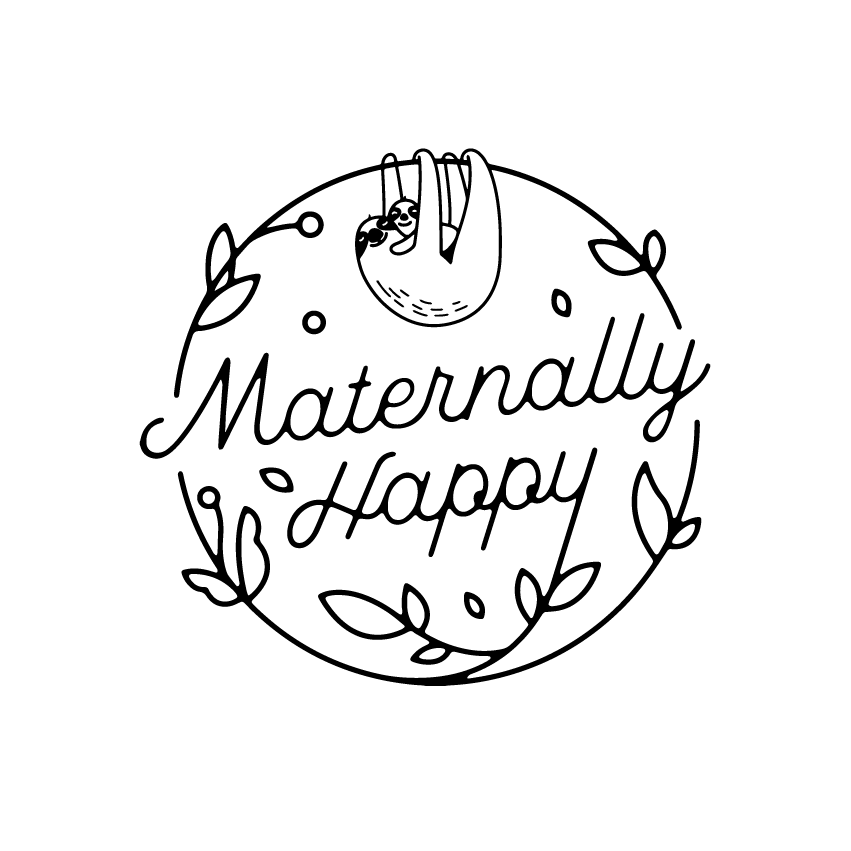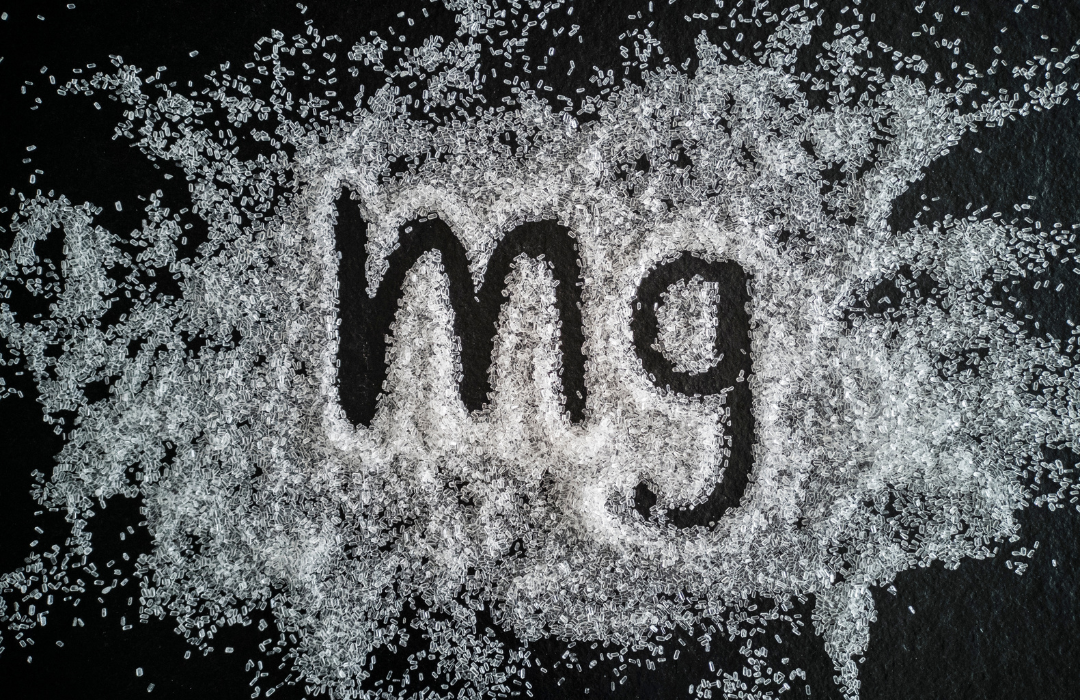




Magnesium is an essential mineral that supports over 300 enzymatic reactions in the body and during pregnancy, its role becomes even more critical. While the growing fetus only requires a small amount, the maternal demand for magnesium increases significantly to maintain healthy function across multiple body systems [1].
Despite its importance, many women fall short of the recommended daily intake of 350-400 mg per day, especially during pregnancy when magnesium needs are elevated due to hormonal shifts, tissue growth, and increased metabolic demands [2].
1. Supports Muscle Relaxation & Reduces Cramping: Magnesium plays a key role in regulating nerve impulses and muscle contraction. Supplementing with magnesium may help minimise common pregnancy discomforts like leg cramps, restless legs, and lower back pain [1, 3].
2. May Help Prevent Gestational Hypertension: Low magnesium levels have been linked to an increased risk of gestational hypertension and preeclampsia. Some studies suggest that magnesium supplementation may support healthy blood pressure regulation during pregnancy [1, 4].
3. Eases Constipation & Aids Digestion: Magnesium helps draw water into the intestines and promote bowel motility - making it particularly helpful for managing pregnancy-related constipation. Certain forms like magnesium citrate are especially effective as gentle stool softeners [5].
4. Helps Manage Stress, Anxiety & Sleep: Magnesium is involved in neurotransmitter production and regulation, helping to reduce feelings of anxiety, promote calm, and support restful sleep - all of which are particularly important in pregnancy. Magnesium glycinate is well known for these benefits and safe in pregnancy [6, 7].
5. Supports Blood Sugar Balance: Pregnancy can impact insulin sensitivity, and magnesium is a key player in glucose metabolism. Supplementing may be especially helpful for those with gestational diabetes risk or insulin resistance [8].
Women may benefit from magnesium supplementation if they experience:
Not all magnesium supplements are created equal. Here's a quick overview:
Magnesium Threonate: Crosses the blood-brain barrier; shown to support memory, learning, and mood.
Some forms of magnesium have limited research in pregnancy and breastfeeding so it is always important to consult your health professional to ensure it is suitable for your individual requirements.
Whole foods remain an important source of daily magnesium, but supplementation may still be required during pregnancy depending on individual needs.
de Baaij, J.H.F., Hoenderop, J.G.J., & Bindels, R.J.M. (2015). Magnesium in man: implications for health and disease. Physiological Reviews, 95(1), 1–46. https://journals.physiology.org/doi/full/10.1152/physrev.00027.2015
Cuciureanu, M.D., & Vink, R. (2011). Magnesium and stress. Nutrients, 3(11), 1102–1120.
Young, A., & Jewell, D. (2002). Interventions for leg cramps in pregnancy. Cochrane Database of Systematic Reviews, (1).
Makrides, M., & Crowther, C.A. (2001). Magnesium supplementation in pregnancy. Cochrane Database of Systematic Reviews, (4).
Ayaz, A., et al. (2011). Magnesium citrate in functional constipation: A double-blind, randomized, placebo-controlled study. Int J Med Sci, 8(7), 597–602.
Boyle, N.B., Lawton, C., & Dye, L. (2017). The effects of magnesium supplementation on subjective anxiety and stress—A systematic review. Nutrients, 9(5), 429.
Kirkland, A.E., et al. (2018). A review of the neurological and cognitive consequences of magnesium deficiency. Nutrients, 10(6), 730.
Rodríguez-Moran, M., Guerrero-Romero, F. (2003). Oral magnesium supplementation improves insulin sensitivity and metabolic control in type 2 diabetic subjects. Diabetes Care, 26(4), 1147–1152.
This article is for educational purposes only. Please consult your health professional before beginning any supplementation routine during pregnancy.
About the Author
Caitlin Gilmore: Nurse, Midwife & Nutrition Consultant

Caitlin is the founder of Maternally Happy, an Australian wellness brand specialising in bioavailable supplements, prenatal vitamins, and evidence-based resources designed to support women from preconception through postpartum.
With qualifications as a Nurse, Midwife, and Nutrition Consultant, Caitlin combines over a decade of clinical experience with nutritional expertise to deliver trustworthy, research-backed advice. Her writing focuses on fertility, pregnancy, postpartum recovery, and hormonal health - helping women cut through the confusion with practical, evidence-based information.
When she’s not formulating practitioner grade supplements or supporting her community, you’ll find her enjoying a chai latte, hiking in nature, or spending time with her family, friends, and two border collies.